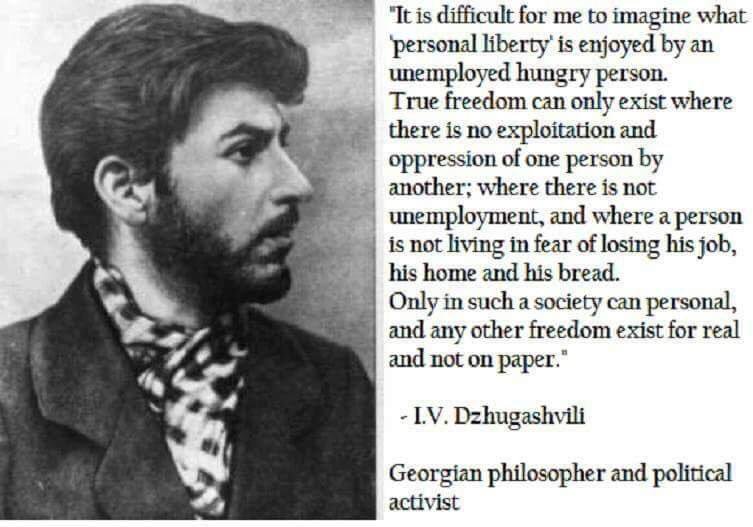My 2¢:
Incentives shape ideas far more often than we think. And hence the independent causal role of ideas is vastly over-estimated.
Here’s 3 reasons why I think that.
(Thread)
2/
3/
If an idea helps you win an argument, make friends, or justify an ow selfish-deed, odds are you will hold onto that idea a bit harder.
4/
Cause we don’t see these subconscious incentives shaping ideas.
5/
His ideas were impactful.
But would they have been if the German princes didn’t benefit from keeping him alive and his printing presses running? Would so many have taken on lutheranism had the law not so often required taking on religion of local ruler?
4/
5/
If the sons of liberty didn’t bully people into taking on these ideals?
6/
7/
Social scientists often think of incentives very narrowly. As just financial. Or other stuff we consciously pursue.
But those ain’t the only incentives that subconsciously shapes what we come to believe.
8/
But fellow Germans weren’t paid to believe in Lutheranism.
They were threatened with expulsion or death if they didn’t take on the religion of their local rulers.
Not financial.
8/
9/
Gaining him success and admiration from his comrades and the world.
10/
11/
Often times the effects of incentives are not straightforward. Hard to disentangle. Not easy to see with the naked eye.
Like the effect of germs on diseases.
12/
For retaliating when it just risks escalation? For making a big deal out of a mostly symbolic act?
That all sounds contrary to incentives.
Unless you apply game theory.
13/
When coordination matters, when interactions are repeated, when signaling and communication and deception are at hand.
And so on.
14/
Which game theory is needed to elucidate.
15/
But a bit unfair to do that when relying on the naked eye. And ignoring pertinent insights from game theory.
Like blowing off the role of germs on diseases b/c *you* refuse to look through a microscope.
16/
Far beyond our conscious awareness. Far beyond merely financial incentives. And far beyond what can be gleaned w/o the aid of game theory.
17/
Eom








